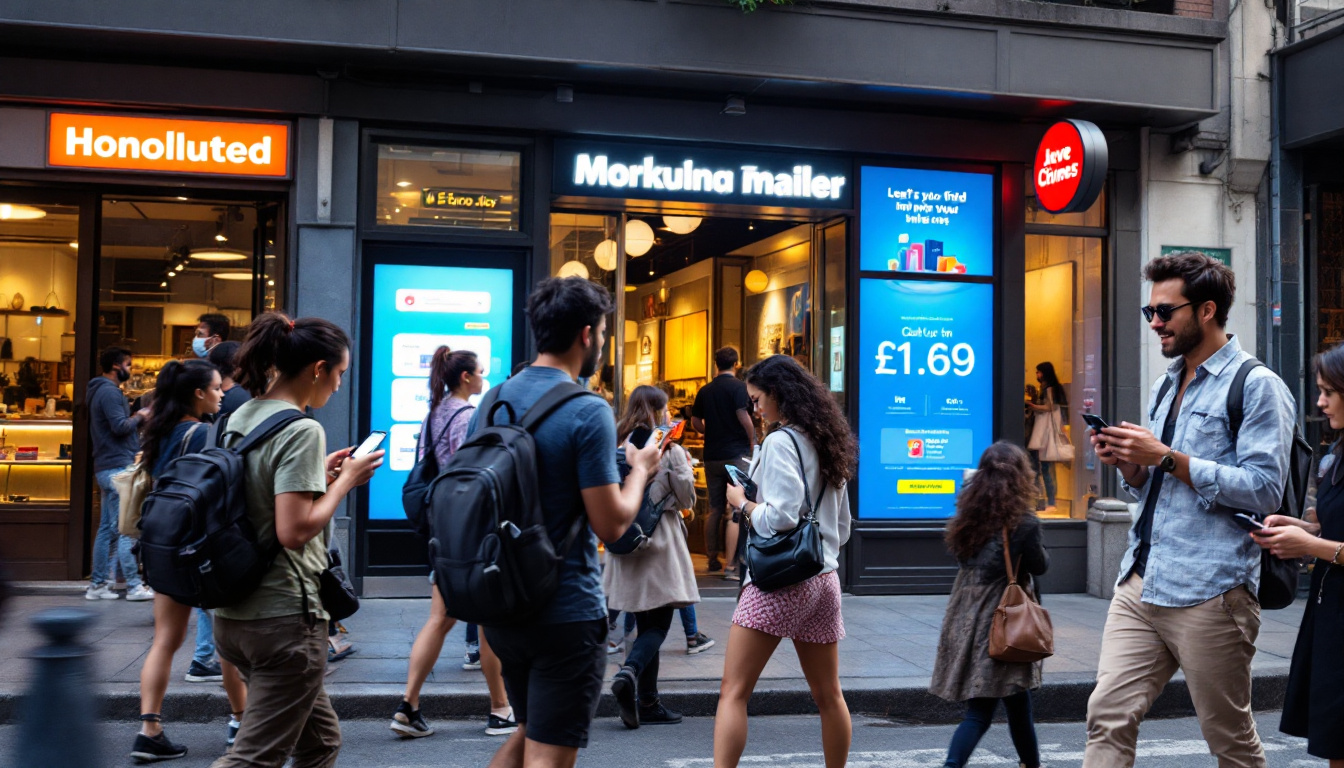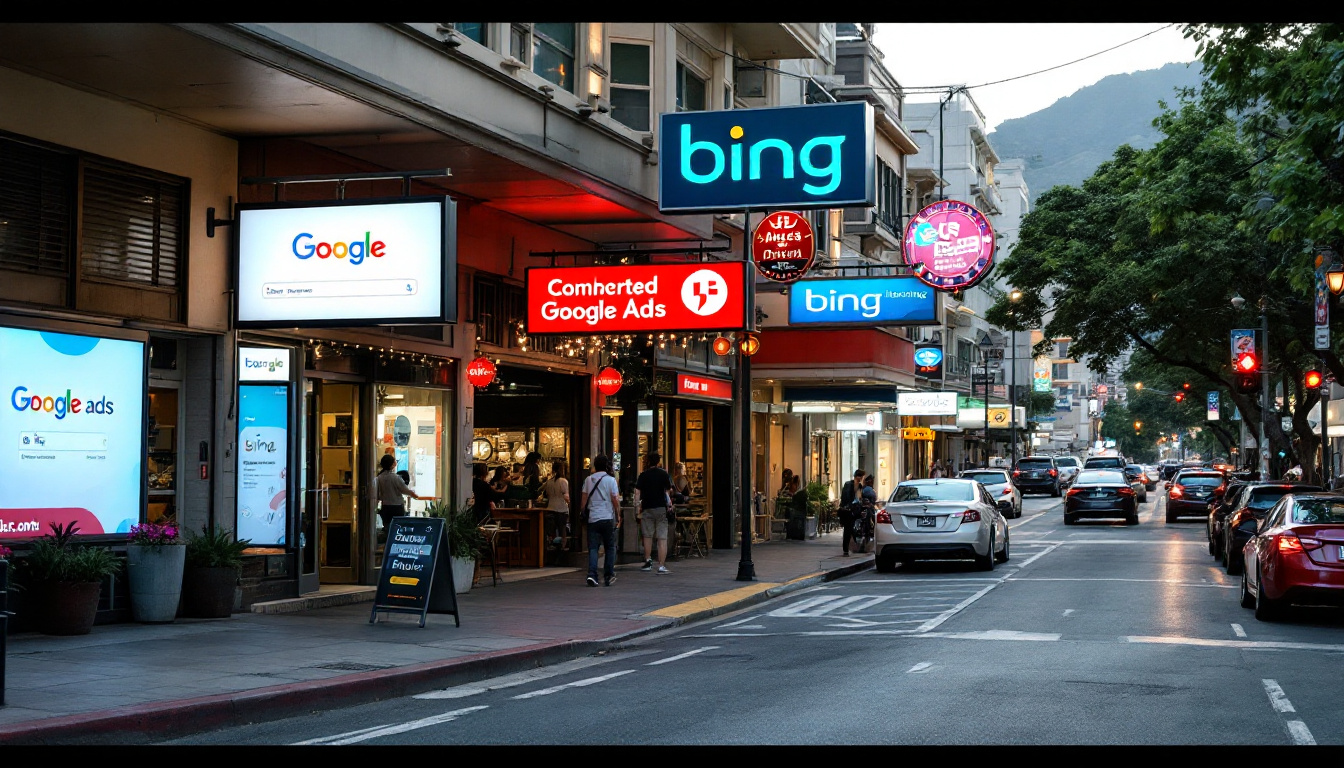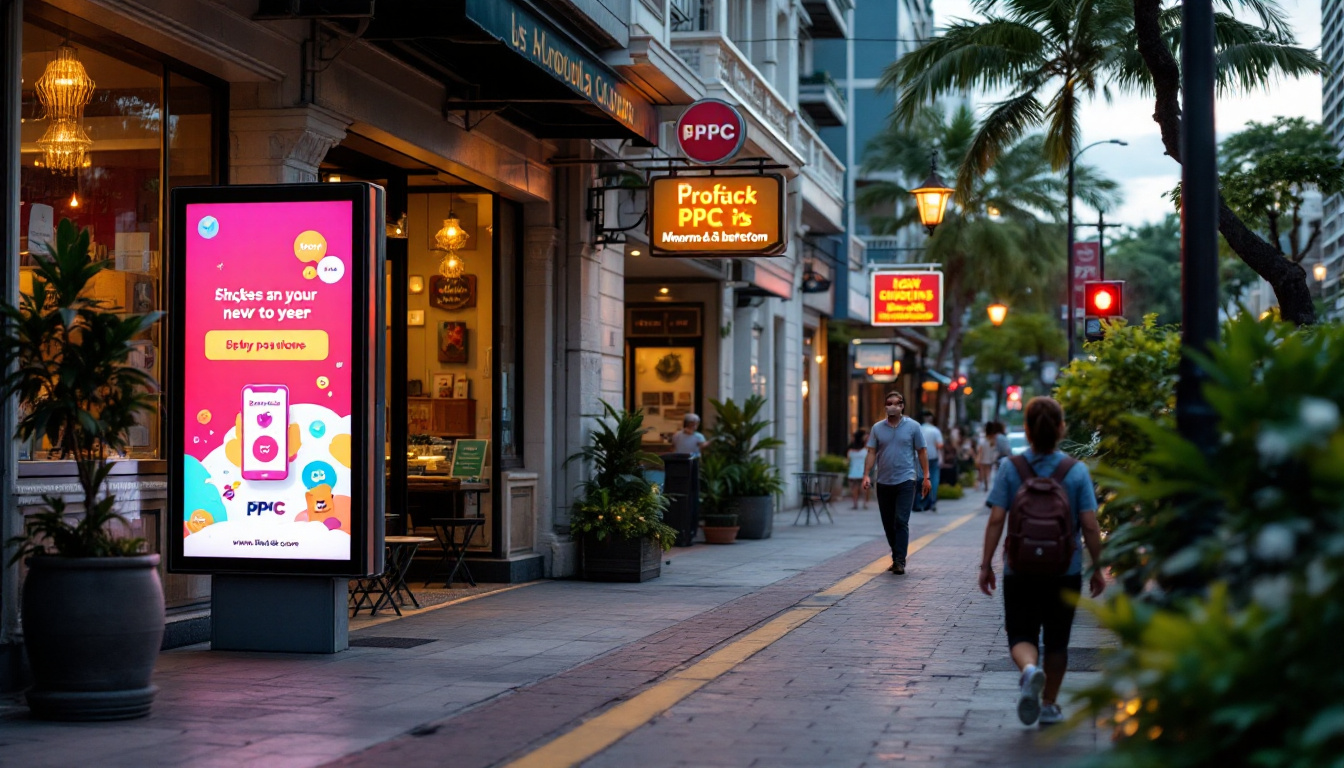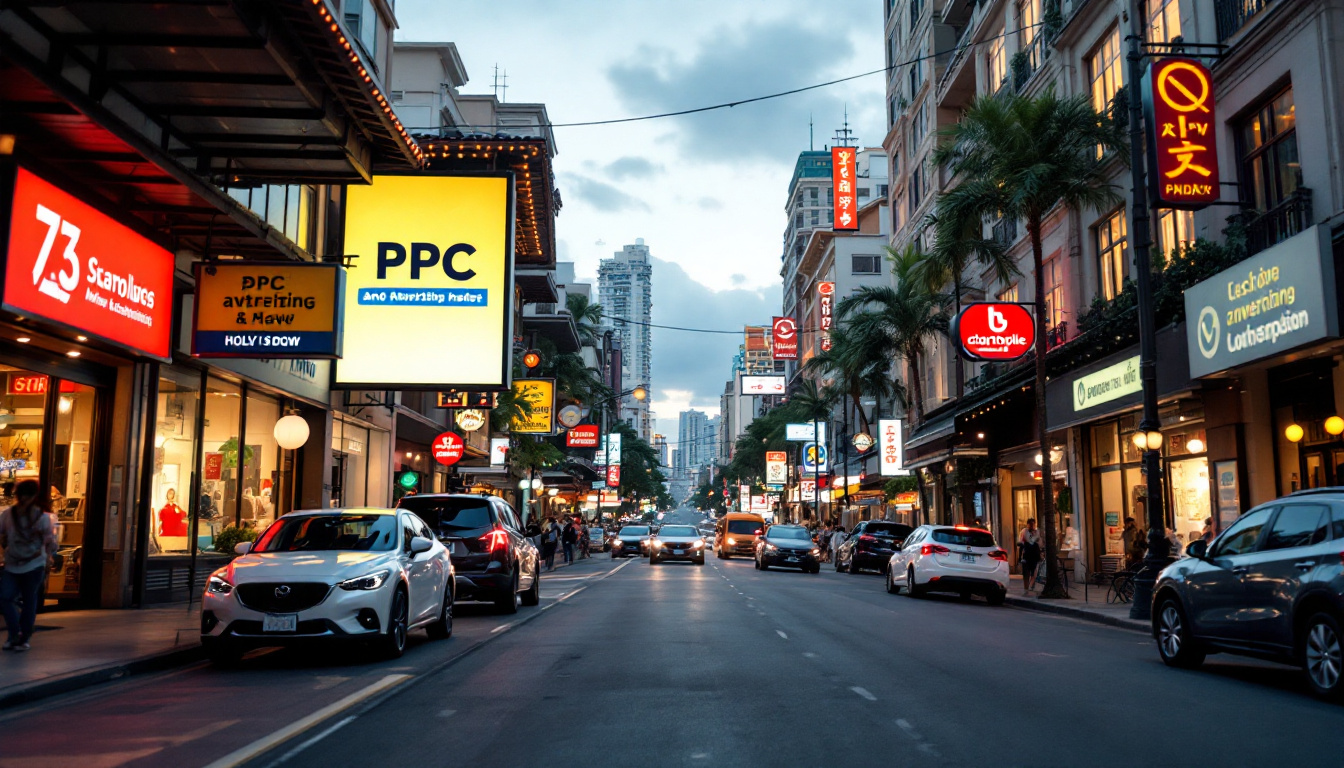How to Choose the Best PPC Keywords for Honolulu, HI

PPC (Pay-Per-Click) advertising is a powerful strategy for businesses in Honolulu, HI, looking to enhance their online visibility and attract more customers. However, selecting the right keywords is critical for the success of any PPC campaign. This article will guide you through the process of choosing the best PPC keywords for your business, focusing on strategies tailored to the unique characteristics of Honolulu.
How to identify high-performing keywords
Identifying high-performing keywords is the cornerstone of a successful PPC campaign. These are the keywords that not only attract traffic but also convert visitors into customers. To start, you should analyze your target audience's search behavior. Consider what terms potential customers are likely to use when searching for your products or services.

Using tools like Google Keyword Planner, you can discover keywords related to your offerings. This tool allows you to view search volumes, competition levels, and trends over time. Look for keywords with a significant number of searches but lower competition to maximize your chances of standing out. Additionally, consider utilizing other keyword research tools such as SEMrush or Ahrefs, which can provide deeper insights into keyword difficulty and potential traffic. These tools often offer suggestions for long-tail keywords that may have less competition but can still yield high conversion rates.
Another technique involves reviewing your website analytics. Check for organic search terms that have already driven traffic to your site, as these keywords may perform well in your PPC campaigns. Don’t forget to analyze your competitors’ keywords as well, as this can provide additional insights into high-performing options in your niche. By using competitive analysis tools, you can uncover which keywords are driving the most traffic to your competitors, allowing you to refine your strategy and identify gaps in the market that you can exploit.
The difference between broad match and exact match
When setting up your PPC campaigns, understanding the distinction between broad match and exact match keywords is essential. Broad match keywords allow your ads to show whenever someone searches for your keywords in any order, including additional words. This strategy maximizes your ad’s reach but may not always attract the most relevant traffic. For example, a broad match for "running shoes" could trigger your ad for searches like "best shoes for running" or "buy running shoes online," which may not always align with your specific offerings.
On the other hand, exact match keywords only display your ads when someone searches for the exact term or close variants of it. This approach ensures that you’re reaching the most relevant audience but may limit your overall visibility. Finding a balance between these two strategies is crucial. For a local market like Honolulu, utilizing a mix of both can help you capture both broad and targeted traffic. Consider using phrase match keywords as a middle ground, which allows for a bit more flexibility while still maintaining relevance. This way, you can ensure that your ads are shown for searches that closely relate to your business while still reaching a wider audience.
Tips for local keyword optimization in Honolulu, HI
Local keyword optimization is vital for businesses targeting customers in Honolulu. Start by including geographical modifiers in your keywords. For example, rather than just aiming for “coffee shop,” consider “coffee shop in Honolulu” or “best coffee in Waikiki.” This specificity helps attract local consumers who are searching for services near them. Furthermore, leveraging local SEO practices alongside your PPC efforts can enhance your visibility in search results, making it easier for potential customers to find you.
Incorporate local landmarks, neighborhoods, and cultural references into your keyword list. For instance, if you run a surf shop, phrases like “surf gear in Diamond Head” or “Oahu surfboards” can improve your relevancy and appeal directly to local surfers. Additionally, consider creating content that highlights local events or attractions related to your business. This not only helps with keyword optimization but also positions your brand as a community-focused entity. Engaging with local forums and social media groups can also provide insight into trending topics and keywords that resonate with your target audience, further enhancing your local keyword strategy.
Additionally, make sure to use location-based terms in your ad copy and landing pages. This not only improves your quality score on platforms like Google Ads but also enhances the user experience for individuals searching for local options. The more local relevance you can insert into your PPC strategy, the better results you’re likely to achieve. Consider using customer testimonials or case studies that highlight your connection to the local community, as this can build trust and encourage conversions. By weaving local narratives into your advertising, you can create a compelling story that resonates with your audience and drives engagement.
How to conduct competitive keyword research
Gathering insights from your competitors can reveal valuable information about high-performing keywords in Honolulu. Start by identifying your primary competitors in the area and analyze their PPC campaigns. Tools such as SEMrush and SpyFu allow you to see the keywords your competitors are bidding on, making it easier to spot gaps in your own strategy. This analysis not only highlights the keywords that are driving traffic to their sites but also helps you understand the competitive landscape, giving you a clearer picture of where you stand in relation to others in your niche.

Examine the ad copies of these competitors as well. Look for keywords that effectively grab attention and engage the audience. Are there specific phrases or calls-to-action that stand out? You might discover strategies they’re using that resonate with local consumers, which you can then adapt to your campaigns. Additionally, pay attention to the emotional triggers they employ—words that evoke a sense of urgency or exclusivity can significantly impact click-through rates. Understanding the nuances of their messaging can help you refine your own copy to better connect with your target audience.
Finally, observe the landing pages associated with these ads. The keywords may be working well not just in terms of clicks but also in conversions, and understanding how your competitors turn clicks into customers can provide a roadmap for your own PPC efforts. Take note of the design elements, user experience, and calls-to-action on these pages. Are they using testimonials or social proof to build trust? Are there clear pathways for users to follow? These insights can inform your own landing page optimization, ensuring that once users click your ad, they are more likely to convert into paying customers.
Using negative keywords to improve campaign efficiency
Incorporating negative keywords into your PPC strategy helps filter out irrelevant traffic, thus improving campaign efficiency. Negative keywords are terms that you explicitly exclude from your campaigns to prevent your ads from displaying when those words are searched. This strategy is particularly useful in a competitive market like Honolulu, where many businesses vie for the same attention. By refining your keyword list, you can ensure that your ads are shown only to the most relevant audiences, maximizing the chances of conversion.
Start by identifying keywords that are commonly misinterpreted or would not lead to a relevant click. For instance, if you are advertising a premium dining experience but are using generic restaurant keywords, exclusions like “cheap” or “fast food” may improve your ad's performance. Additionally, consider variations of your primary keywords that may attract the wrong audience. For example, if you offer a high-end service, excluding terms like “discount” or “bargain” can help maintain the quality of traffic coming to your site.
Regularly review your campaign performance to identify which search terms are leading to clicks but not conversions. Redirecting focus away from these ineffective keywords ensures your budget is spent more effectively, leading to higher ROI and better overall campaign results. Moreover, as market trends evolve, continuously updating your negative keyword list will help you stay ahead of the competition. This proactive approach not only saves money but also enhances the overall effectiveness of your advertising efforts, allowing you to focus on what truly matters—driving qualified traffic that converts.

As a Google Ads expert, I bring proven expertise in optimizing advertising campaigns to maximize ROI.
I specialize in sharing advanced strategies and targeted tips to refine Google Ads campaign management.
Committed to staying ahead of the latest trends and algorithms, I ensure that my clients receive cutting-edge solutions.
My passion for digital marketing and my ability to interpret data for strategic insights enable me to offer high-level consulting that aims to exceed expectations.









